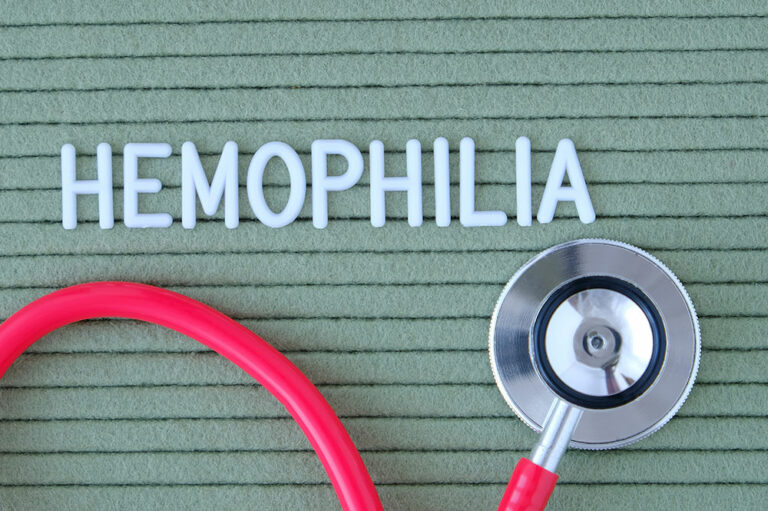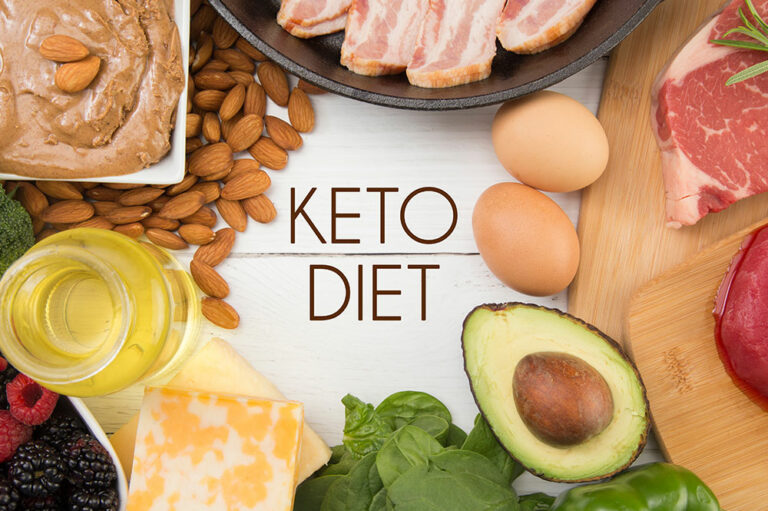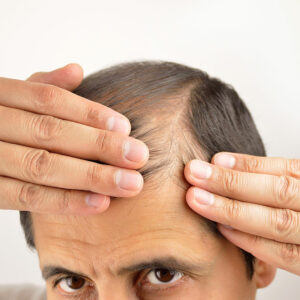
health
5 things to avoid doing before bed for sound sleep
Quality sleep is essential for everyone. A good night’s sleep keeps you refreshed the next day. Unfortunately, many just can’t fall asleep even after sleeping on some of the best mattresses like T empur-Pedic, Saatva, Sleep Number, Serta Mattress, or Essentia Mattress . They remain awake and restless in bed for hours. There are some habits before bedtime that prevent them from falling asleep quickly. Here are five things to avoid before bed for better sleep: Having a heavy dinner Trying to sleep right after having a heavy dinner can be challenging. Firstly, the feeling of fullness won’t let you sleep, and secondly, the meal will make you feel slightly energized for at least another hour. Besides, it’s not healthy to go to bed right after dinner. Activities like cleaning up the kitchen and going for a light stroll, anything that keeps you a bit active, can help. Eating fatty foods Some may like to indulge in snacks after dinner, but that hampers quality sleep. Avoid having chips, nachos, or desserts right before bed. Instead, eat fruits like kiwi, pineapple, cherries, oranges, bananas, and avocados; these aid in better sleep. Also, avoid fried foods for dinner as they make you feel full and may interfere with the digestive system.
Read More 









